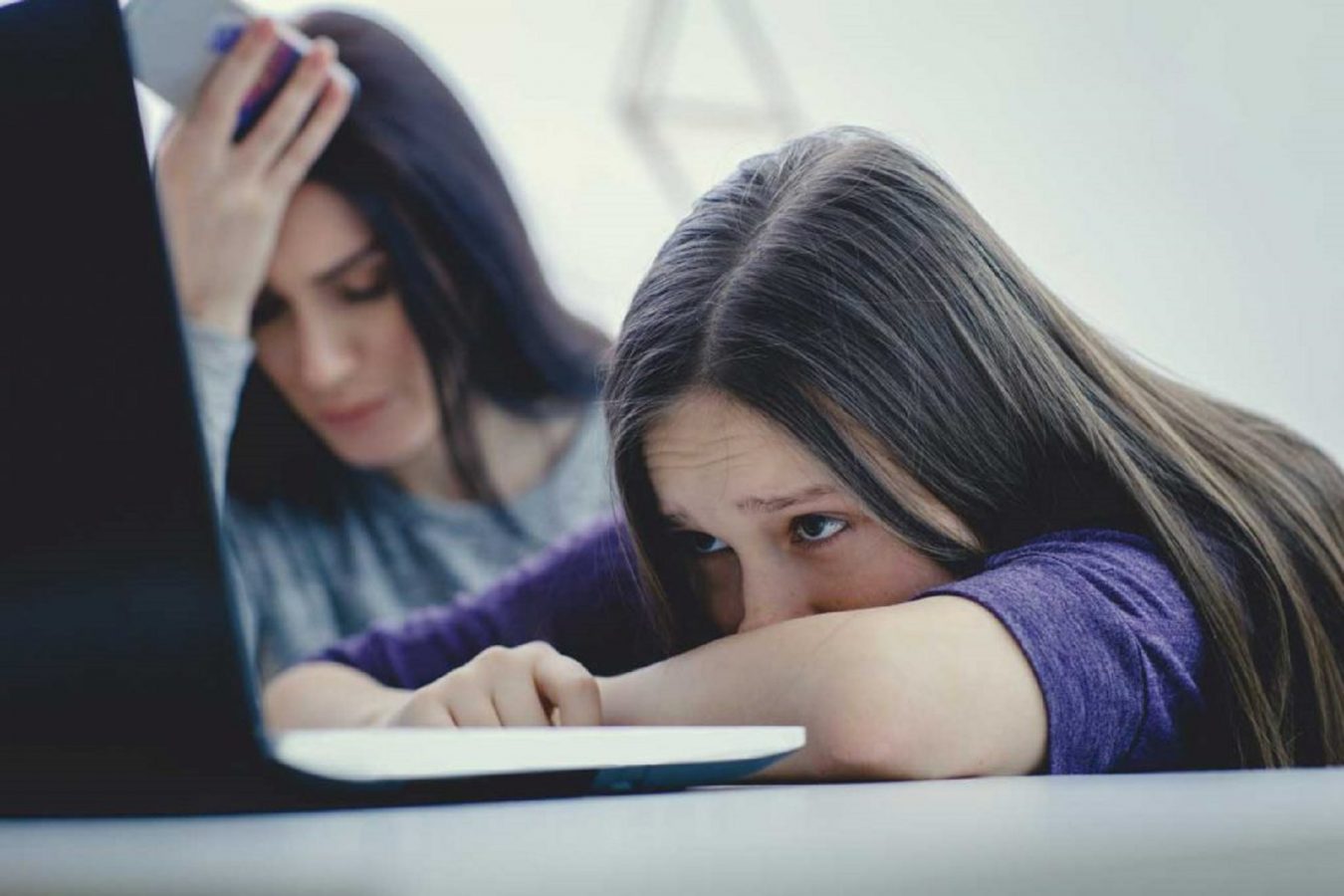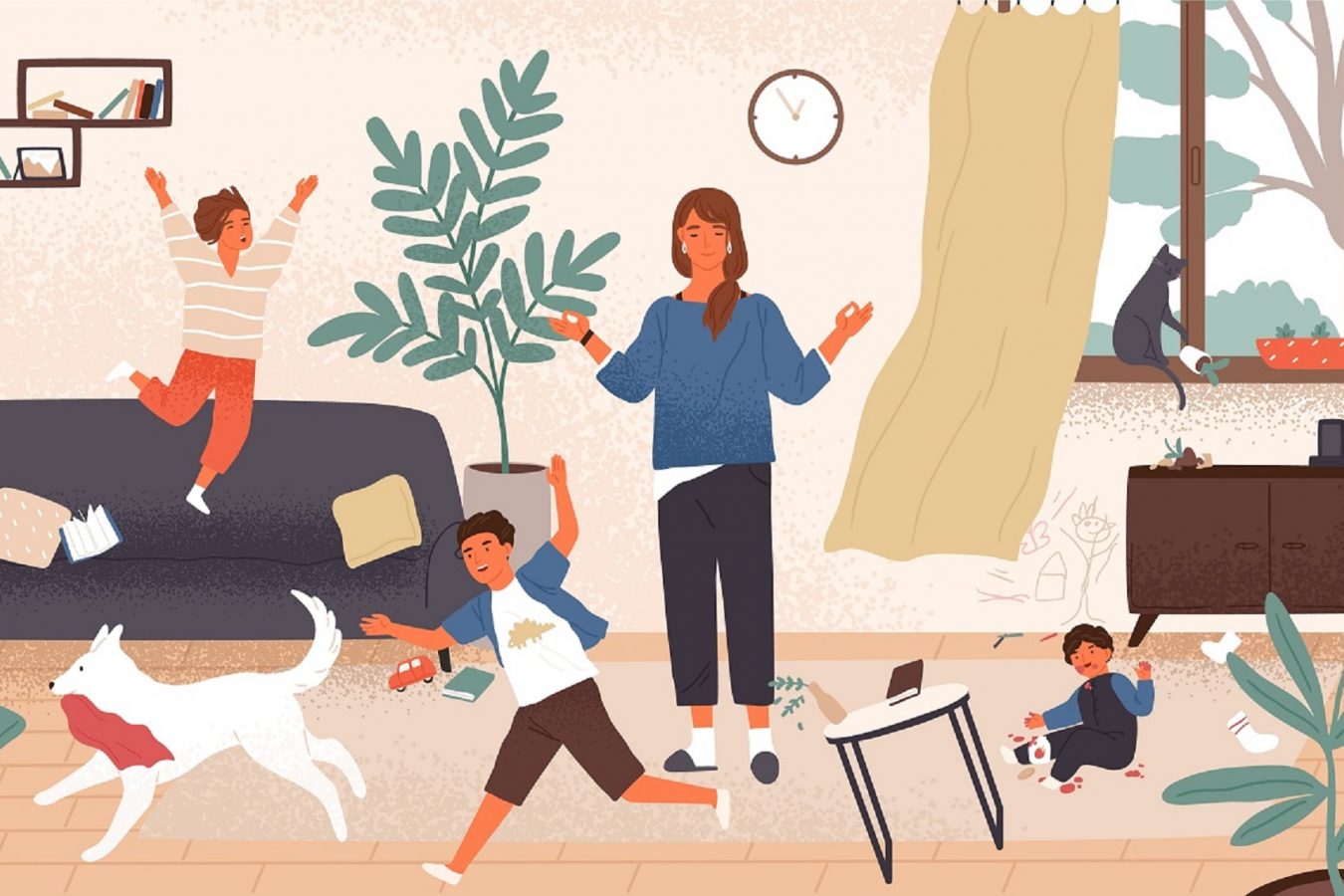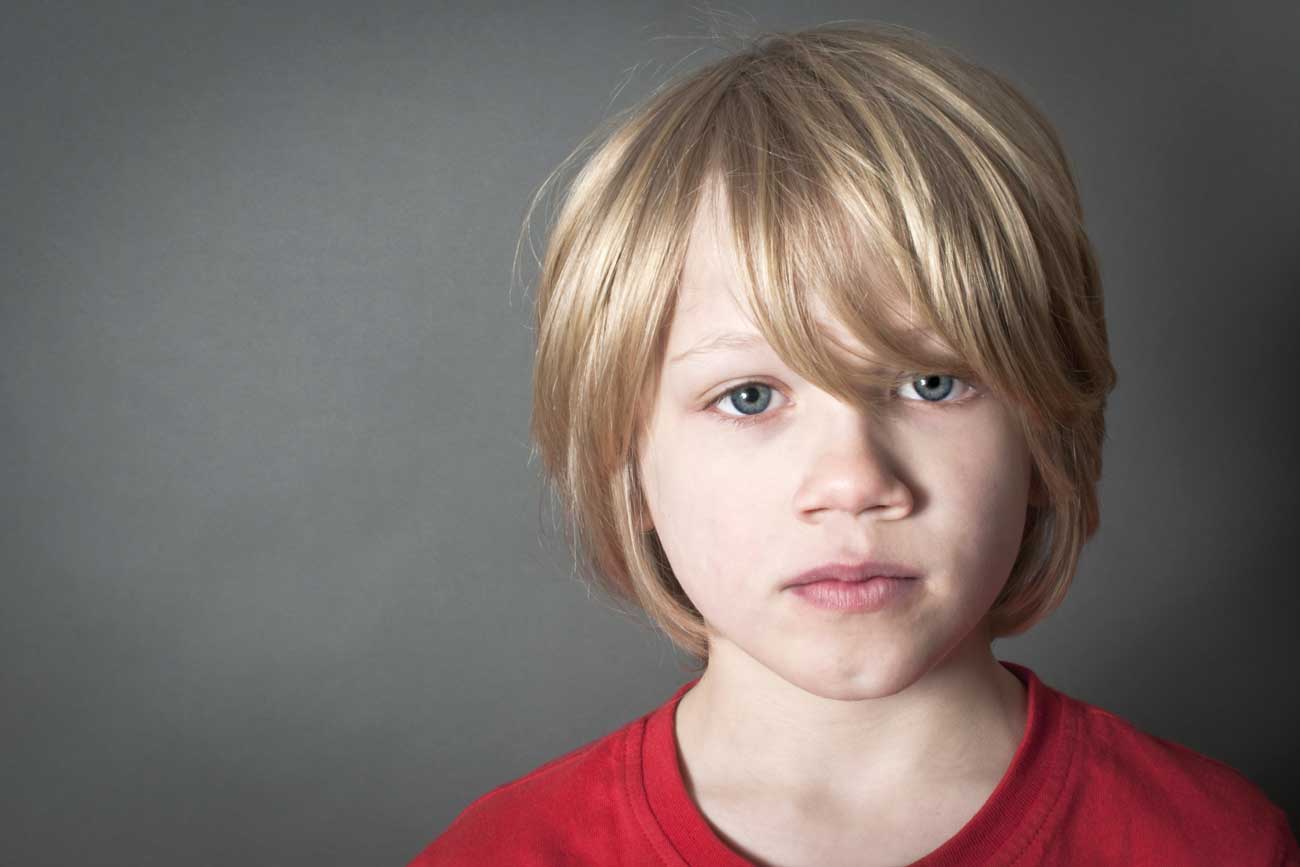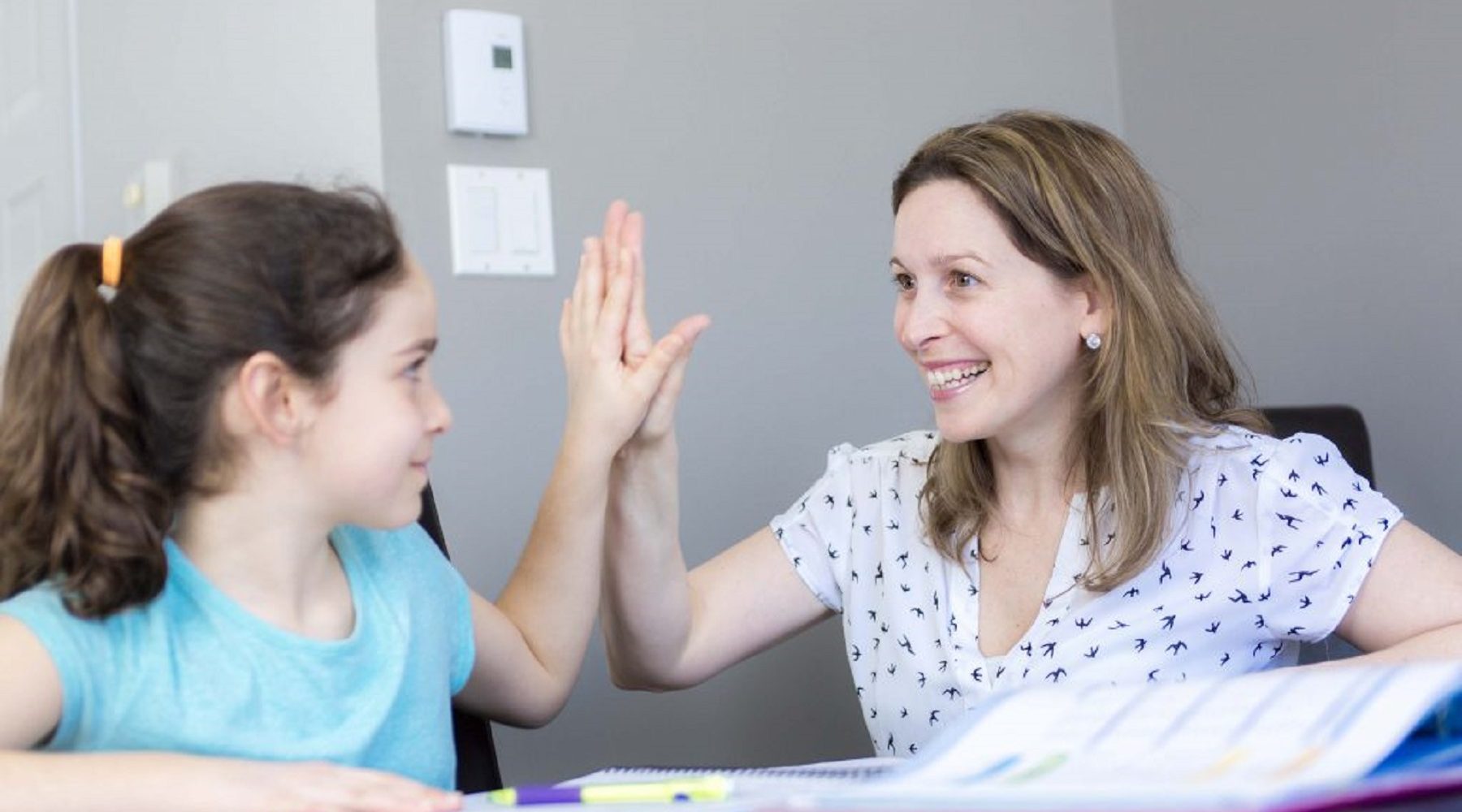
Our life in the family cocoon gives parents a chance to rethink their old habits, writes leading parent educator Michael Grose.
The current social isolation policy as a result of the COVID-19 pandemic has confined people to their family cocoons. Life for parents is very different now that we can no longer share the parenting load with relatives, friends and professionals outside the family home.
Parenting success will require you to quickly adapt to new circumstances, by replacing some of your current parenting practices with methods more in tune with close quarter living. This may seem uncomfortable at first, as you may be going against some current beliefs that are in vogue. In effect, you may have to create a new parenting playbook suited to your family’s needs, rather than being dictated by ‘groupthink’ that social media encourages.As a way of helping with this process I’ve examined four common parenting rules of thumb, and replaced each with a new, more appropriate rule.
Current rule: Put your kids first
Current parenting practices place children before parents in many aspects of life. The tendency to put our own personal lives on hold for the duration of their childhood while we cater for children’s after school activities is an obvious example. Nothing wrong with wanting the best for our kids, but it needs to be questioned if it comes at the cost of a parent’s quality of life.
Try instead: Put yourself first
Most parents know the importance of self-care but fail to put it into practice. Make yourself a priority and attend to your own physical and mental health and personal happiness. Practise the good care habits that we encourage in kids – eat well, sleep well, get plenty of exercise, take regular time out and ensure you do something each day that brings you joy. It takes a great deal of selflessness to be a parent. Finding ways to prioritise ourselves can actually make us even better at it.
Current rule: Focus on individual good
The shift to smaller families has brought about a shift in focus from parenting the gang to parenting each child individually. This shows in everyday activities such as individually-designed meals for each child and paying children for completing chores. The propensity to focus on individual needs often comes at the expense of the family good, which is evident when difficult times arise.
Try instead: Focus on greater good
Alfred Adler, the father of Individual Psychology believed that children’s moral development is fostered in full when they contribute to the wellbeing and functioning of the family. It’s a ‘we’ before ‘me’ concept. When children are living in close proximity with each other for long lengths of time it’s essential for them to consider the needs of others as well as their own needs. ‘How does my behaviour impact on others? How can I help? How can I ease the load?’ become the prime consideration for all family members.
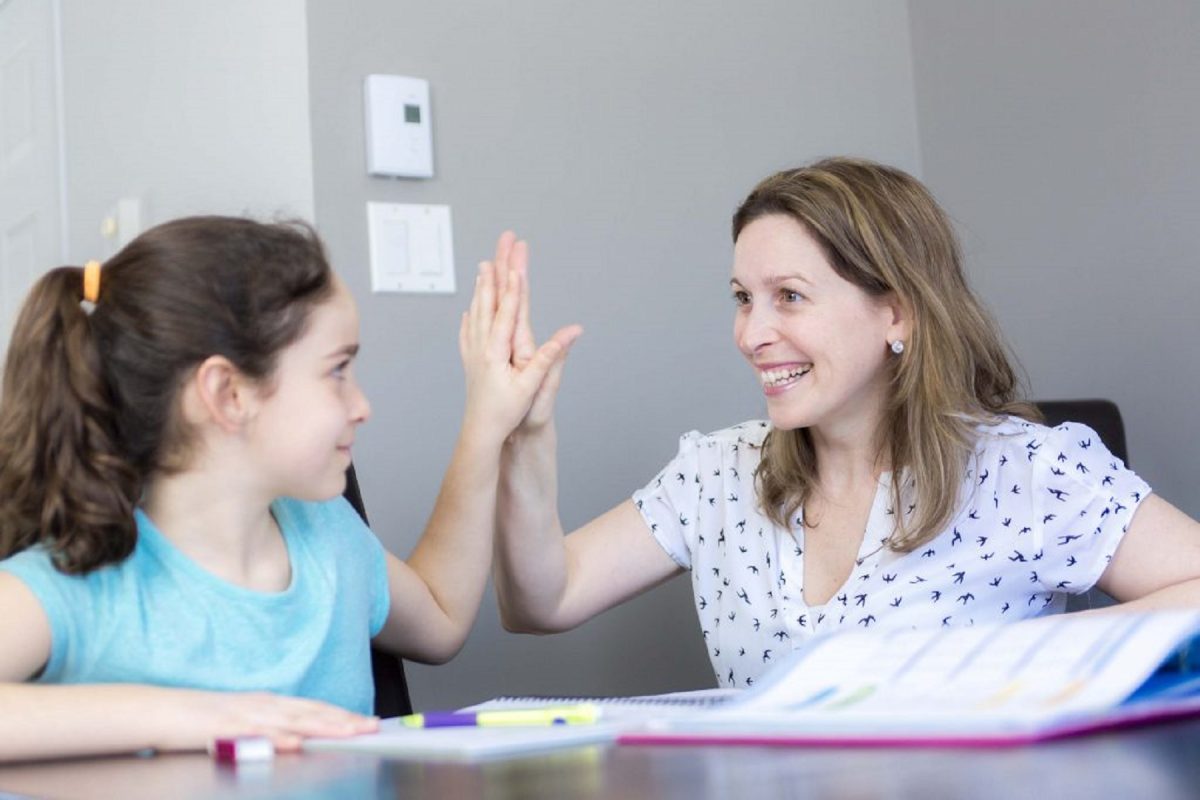
Current rule: Parents are responsible
The responsibility in many families falls to parents to resolve most problems, even if they are owned by kids. If a child leaves a lunch at home, often a well-meaning parent will take it school. A child’s friendship issue is resolved by parents. Conflict with a sibling? Mum or dad will sort it out. The propensity for parents to take responsibility for what are essentially children’s problems is exhausting (for parents) and leads to unprecedented levels of parental guilt when children are unhappy. Yes, we even tend to take responsibility for their individual happiness.
Try instead: Children are responsible
The current social isolation measures mean it’s almost impossible for a parent to sort out all of a child’s problems. ‘That’s your problem. Please work it out yourself’ is the mantra for close quarter living you can apply to many situations such as boredom, hunger and dealing with noisy siblings. At times of children’s high need during social isolation caused by COVID-19 I suggest that you make yourself scarce, emerging only when you know kids have tried and failed to resolve their own problems
Current rule: Get their compliance
Most of the current child and adolescent management techniques are built around compliance. ‘How can I get my kids to do as I wish?’ still dominates much of the current parenting narrative, reflecting old practices when children were seen and not heard, and corporal punishment was in vogue. These methods are not suitable for getting kids onside on the family cocoon.
New rule: Win their cooperation
Some time in recent years the management narrative shifted from getting compliance to gaining cooperation from kids. This shift requires a change in mindset, behaviour and language from parents. The language of compliance (‘I want you to do this!’) still has a place in family-life albeit very minor, however the language of cooperation (‘I need this done.’) in all its forms represents this essential shift in management mindset that is required in the current circumstances.
The new circumstances we find ourselves in due to COVID-19 while daunting at first glance, offer an opportunity to revisit old habits, principles and rules in all areas of life, including your parenting. It’s human nature to feel comfortable with old ways even if they are not working for us. Sometimes it takes a crisis such as the one we are all experiencing to examine old habits, principles and rules to see if they are suitable. If they are not, then its time to create a new rulebook.
Michael Grose, founder of Parenting Ideas, is one of Australia’s leading parenting educators. He’s the author of 12 books for parents including Spoonfed Generation and the best-selling Why First Borns Rule the World and Last Borns Want to Change It. His latest release Anxious Kids, was co-authored with Dr Jodi Richardson.
We thank Michael for allowing us to repost this blog, which originally appeared on his Parenting Ideas website.

